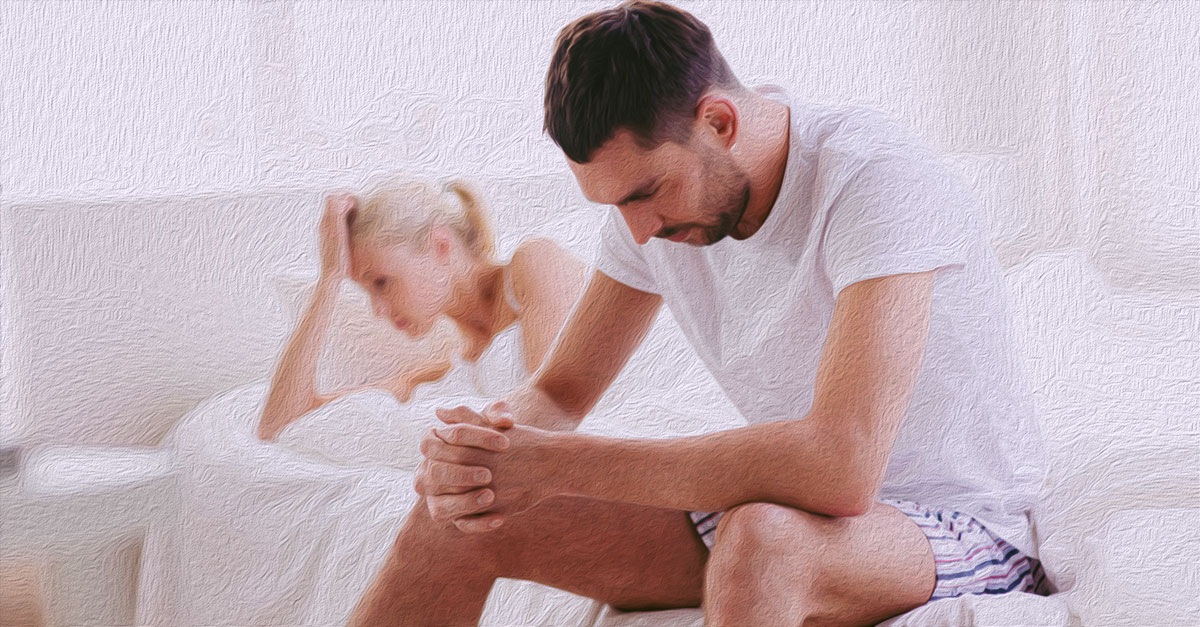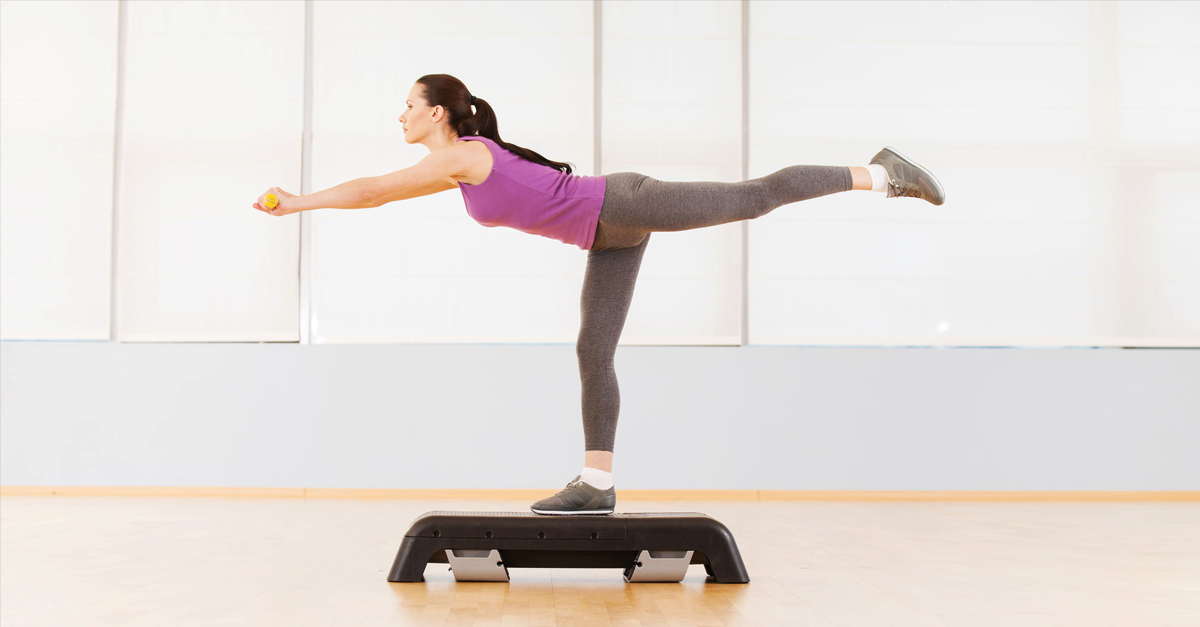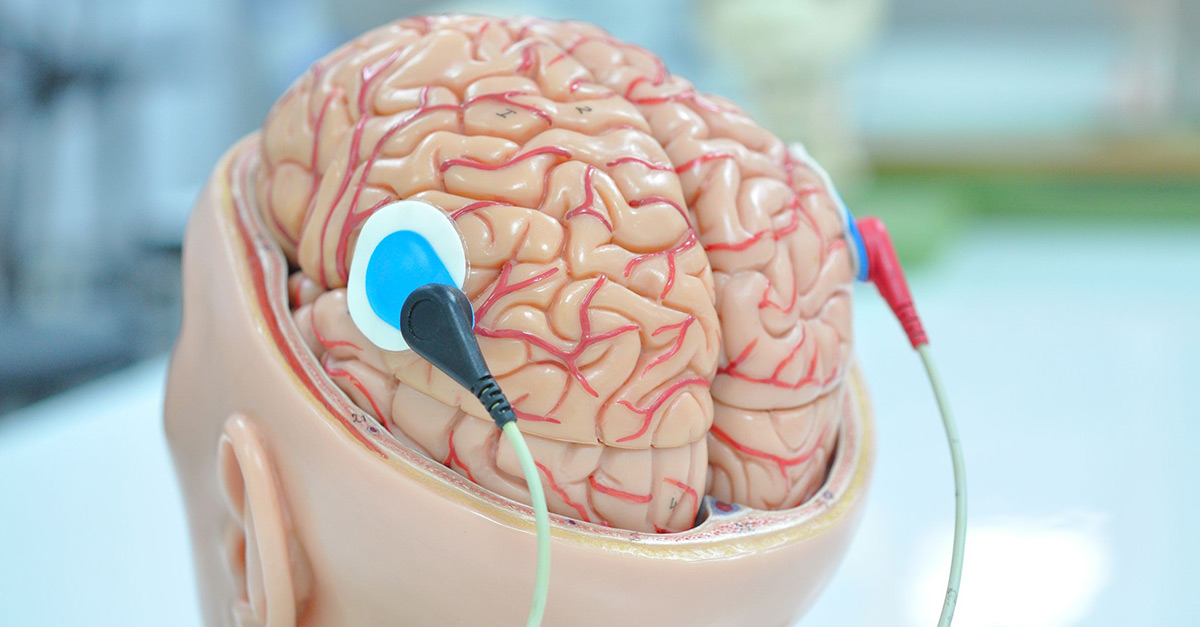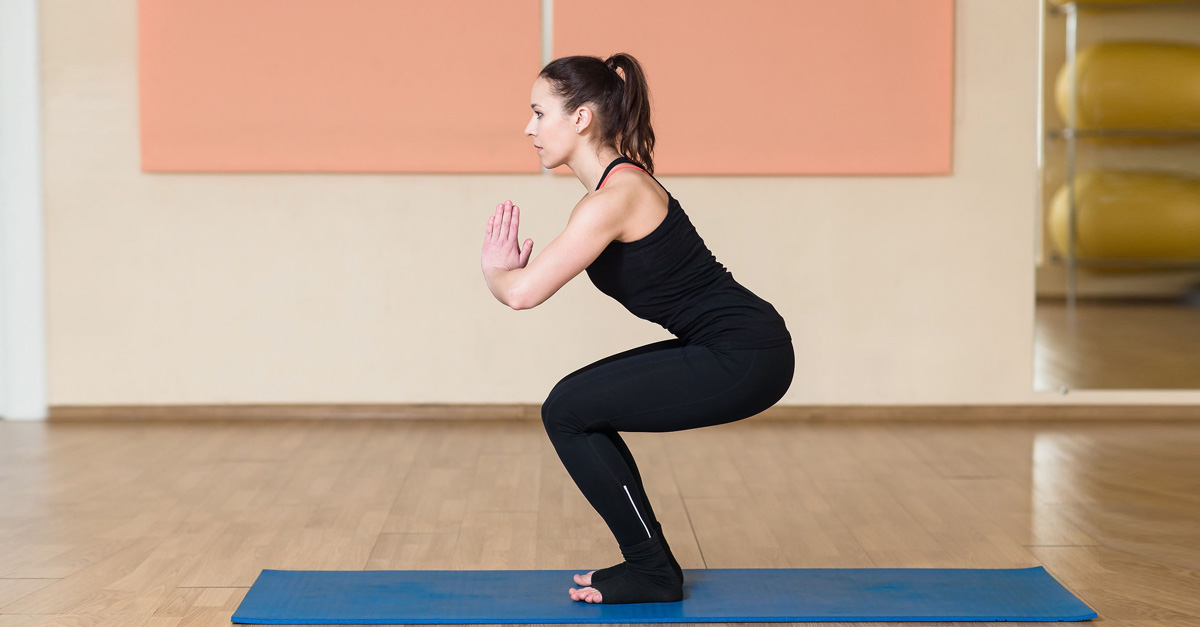
After all the stretching, contracting, pushing, and bruising during childbirth, your nether areas are too sore to bear any further pain. Post the much-needed rest, when you finally think of having some intimate time with your partner, you will be taken aback by the discomfort caused. Making sex a painless and enjoyable experience post-partum is possible by strengthening your pelvic floor muscles.
The pelvic floor muscles are a broad set of muscles, ligaments, and sheet-like tissues. They extend from the base of your pubic bone at the front to the base of the spine at the back. The muscles are designed and located such that they support your bladder, rectum, and the uterus. They play an important role in giving you control over urine and bowel movements and promoting orgasms. Below are some tips that help you build a strong pelvic floor.
Strengthening Pelvic Floor Muscles To Ease Post-partum Sex
1. When Trying To Conceive

How you prepare your body for the upcoming pregnancy plays an important role. The first step is to give up on smoking, which not only impacts your fertility but also wears out your pelvic floor muscles. A cough induced due to cigarette smoking, be it active or secondhand, damages these muscles.
The other influential factor is weight. Overweight and obese women tend to have a weaker pelvic floor post pregnancy. To avoid this condition, keep a check on your weight and practice at least one form of physical exercise to lose the extra pounds.
2. During Pregnancy

The pelvic floor muscles have to withstand the weight of the growing uterus during pregnancy. As all the organs get displaced while accommodating the baby, these muscles face extra stress and strain. The process of labor further weakens the muscles, as it stretches itself to allow the head of the baby to pass through your vagina. This leads to urine and bowel incontinence and painful intercourse.
Practicing Kegel exercises or pelvic floor exercises during pregnancy help. These aim at increasing the strength of your pelvic floor muscles, making your joints stronger and increasing circulation. However, seek help of a prenatal fitness instructor to get the correct guidance on these exercises. As doing them incorrectly could have adverse effects.
The perineum is the area between the vaginal and anal openings, which gets bruised or sometimes torn during vaginal birth. A recent study showed the effectiveness of perineal massage in strengthing pelvic floor muscles. The results revealed that a perineal massage once or twice a week, during the last month of pregnancy, reduces the chances of perineal trauma.
3. During Labor
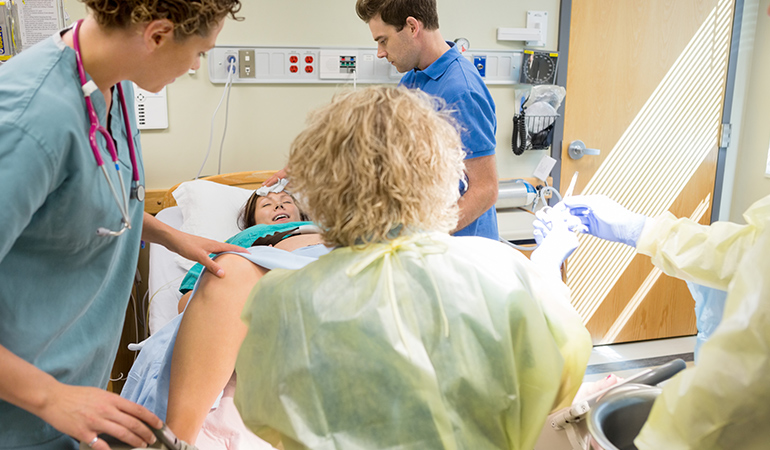
We know it is hard to remember the to-do list on breathing, pushing, and easing yourself when you are undergoing that excruciating pain of labor. But, spontaneous pushing is greatly recommended as against directed pushing which refers to pushing and breathing when told to do so. Spontaneous pushing encourages the women to push when she actually feels the urge to. This preserves the intactness of the perineum.
It is a common misconception that only vaginal birth can cause perineal trauma. Planned or emergency C-section could also damage the pelvic floor muscles and perineum equally.
4. After Childbirth
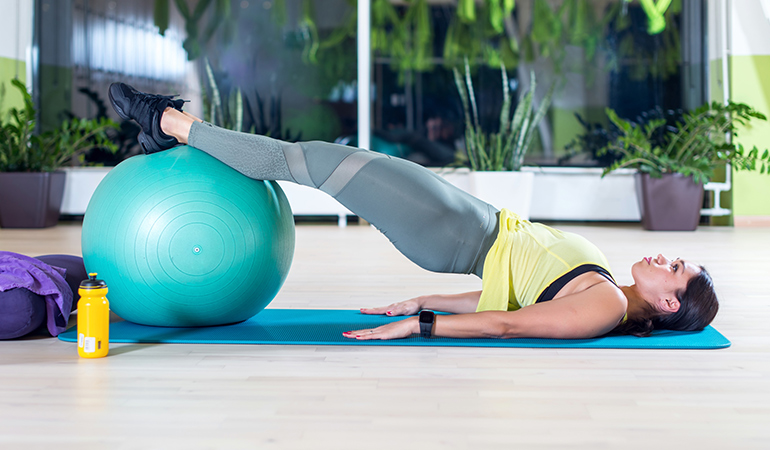
Amidst the new routine of taking care of the baby, it might get hard for you to look after yourself. But, post-partum Kegel exercises are of great benefit if practiced regularly. They help you regain your confidence and strength, letting you get back to the chores in a short span.
Be it vaginal birth or C-section, incontinence, painful sex, and inability to achieve orgasms are the common problems faced after childbirth. Kegel exercises strengthen the pelvic floor muscles over a period of 4–8 weeks, easing the problems.1 Check with your doctor about the time you can start doing these exercises and if any special precautions are to be taken for your individual case.
5. During Intercourse
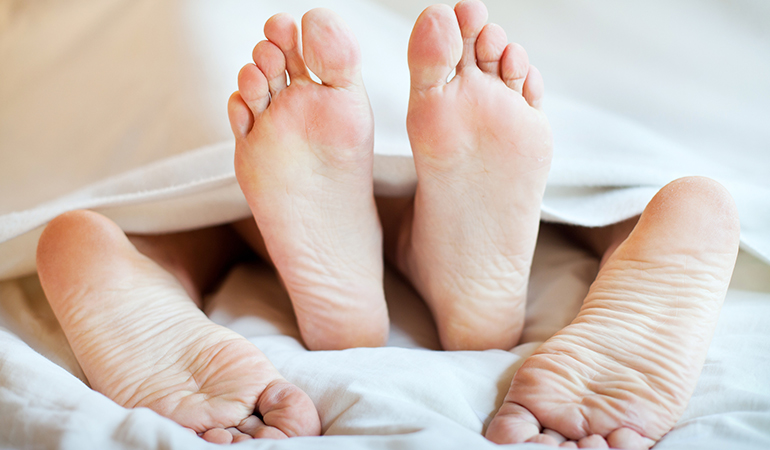
Apart from weakened pelvic floor muscles, vaginal dryness due to estrogen imbalance is also a reason for painful post-partum sex. Especially if you are nursing your baby, estrogen production is impacted adversely. While lubricants or creams to overcome vaginal dryness help, it is good to consult with your doctor if the problem persists.
Most women bear the pain with an anticipation that it would subside with time. However, the pain only increases, leading to spasms and long-term pelvic muscle problems. The key is to take it slowly and halt if you experience pain.
Your body has done an amazing job of creating a little miracle. A bit more effort towards being patient and physically active will help you get back on the track within a few months.
